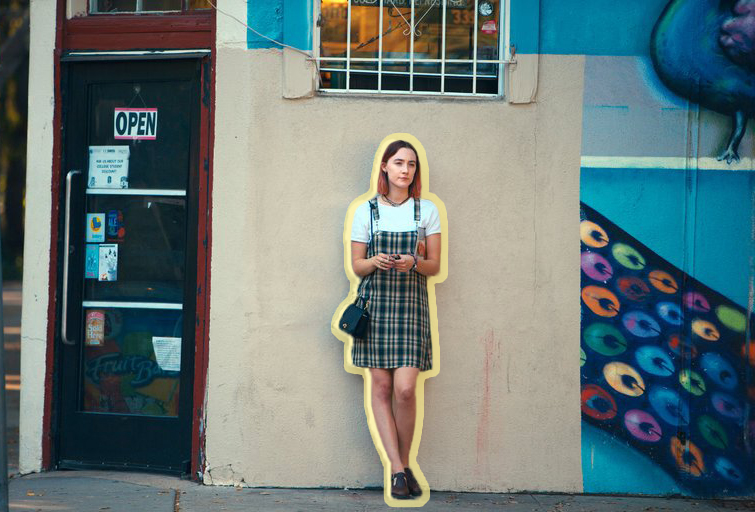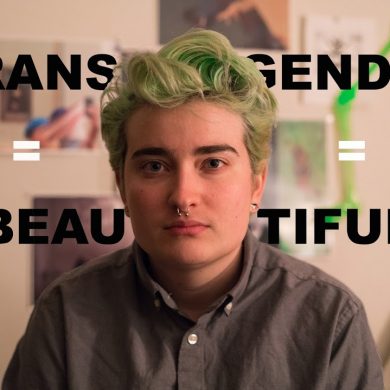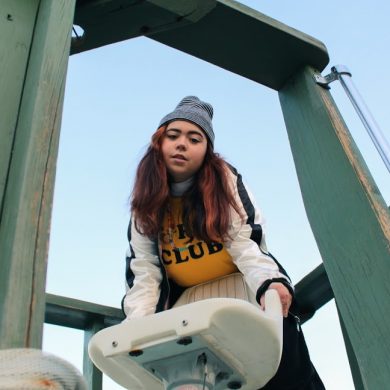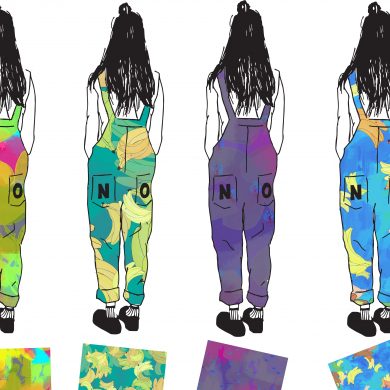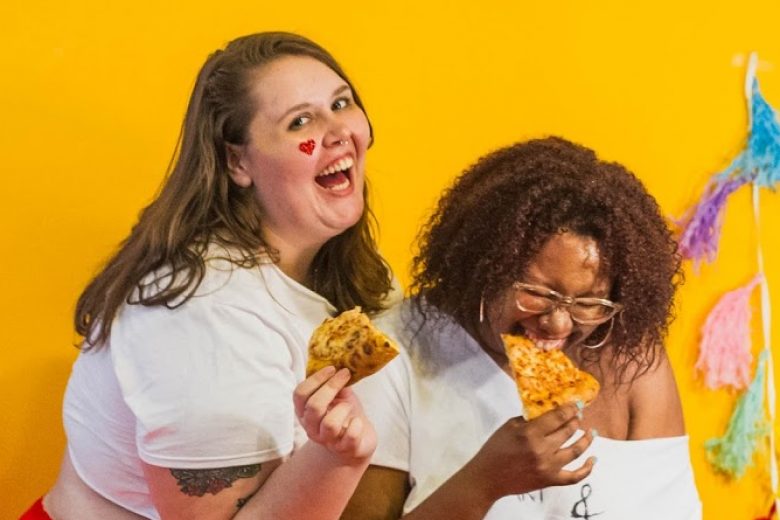“Lady Bird” Is The Movie of Misfits
“Lady Bird” Is The Movie of Misfits
“Hi Mom and Dad, it’s me, Christine. It’s the name you gave me. It’s a good one. Dad, this is more for Mom. Hey, Mom, did you feel emotional the first time that you drove in Sacramento? I did and I wanted to tell you, but we weren’t really talking when it happened. All those bends I’ve known my whole life, and stores, and the whole thing. But I wanted to tell you I love you. Thank you, I’m… thank you.”
-Lady Bird
About 17 minutes ago, I finished a newly iconic film that will forever remain engrained in my bones. “Lady Bird” is more than a female-directed, Oscar-nominated film, it is the story of every one of us that feels we are a misfit. It tells the tales of our best and worst moments, from rebellion to naivety to self-loathing to self-love- and everything in-between. You won’t exactly understand all of my “Lady Bird” musings unless you’ve seen the film; if you haven’t, I suggest you watch it (once you’re done reading this of course). Or maybe watch it, and then come back to this. You’ll understand.
Christine, who calls herself “Lady Bird”, is a seventeen-year old who goes to a Catholic school. She has pink hair, isn’t incredibly accomplished, and has a love/hate relationship with both her mother and her hometown of Sacramento, CA.
For many misfits, we resent the world we were brought into, regardless of how much privilege we actually have. Maybe we resent our homophobic parents, or religion, or school uniforms, or whatever else. Whatever it may be, we feel that it ties us down and restrains us from flourishing and being the most authentic, exciting individual we can be. We all probably hate our hometowns, we all probably despise our high schools and the people who thrived in it. Why? Because we didn’t. Or maybe we did thrive, and we just misjudged it for being something of a teenage identity crisis.
The struggles we go through in our younger years are the ones that make us who we are. It’s cheesy, I know, but it’s true. The fights with our parents are what builds years worth of resentment and anger up inside of us. Eventually, we have to learn to let that go; once we’ve done that, we become much wiser, much less angry. The years of self-loathing, which feel perpetual, eventually lead to some sort of acceptance. We learn that sometimes, we’re nothing more than okay. And that’s fine. Okay becomes decent, decent becomes good, good becomes something like self-love. Our idiocy makes us wiser, once we recognize it for what it is.
Maybe we all have a “Lady Bird” mindset. We yearn for a sort of alter ego that seems so superior to the identity we were given, but is actually flawed. We are much greater than we give ourselves credit for, even if we tend to be impulsive, or ungrateful, or too rebellious, or naive.
We are perpetual misfits; that is something of an accomplishment in itself, I suppose.
Embrace Your Misfit Soul,
xoxo Julia B.

